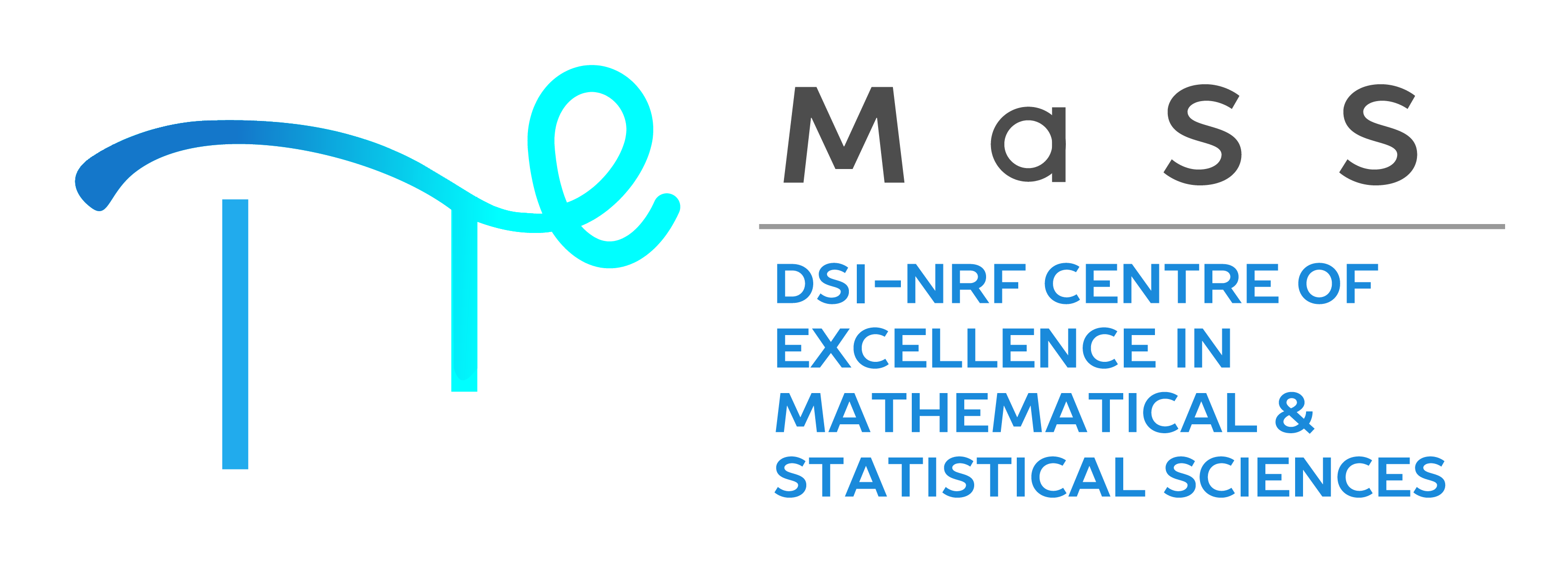Students’ preparedness for, and response to learning
first-year mathematics fully online
Dr Rina Durandt\(^*\), Dr Wilmari
Morton
Department of Mathematics and Applied Mathematics, University of
Johannesburg
SAMS Subject Classification Number: 16
In this talk we will present empirical results from a study that investigated first-year mathematics students’ preparedness for, and response to, online learning. In 2020, due to the COVID-19 pandemic, lecturers and students were faced with a ‘sudden’ shift from face-to-face to online teaching and learning, and the focus was to save the academic year with no student left behind. Students (from both advantaged and disadvantaged communities) were also expected to adapt to these changes instantaneously. In 2021 the pandemic situation was similar and the first-semester offering of first-year mathematics modules continued fully online at most universities in South Africa. A blended learning environment is not new to first-year mathematics students and has been promoted and encouraged in the years leading up to the pandemic. However, the complete and sudden change in environments, particularly to fully online, was new to most lecturers and students. Several challenges were reported that gave rise to this investigation. We expected students to learn productively when they have (1) regular and reliable access to technological resources, and (2) self-regulated study habits. Quantitative data were collected through a self-designed questionnaire during the first-semester of 2021. The large sample was from a public university in South Africa, where students were registered for one of seven first-year mathematics modules. Main results confirm students are partially prepared for learning first-year mathematics fully online and they have unequal scenarios related to access to technological resources. Further, first-year students’ approach to solving mathematics problems while studying online has a significant effect on their performance.


